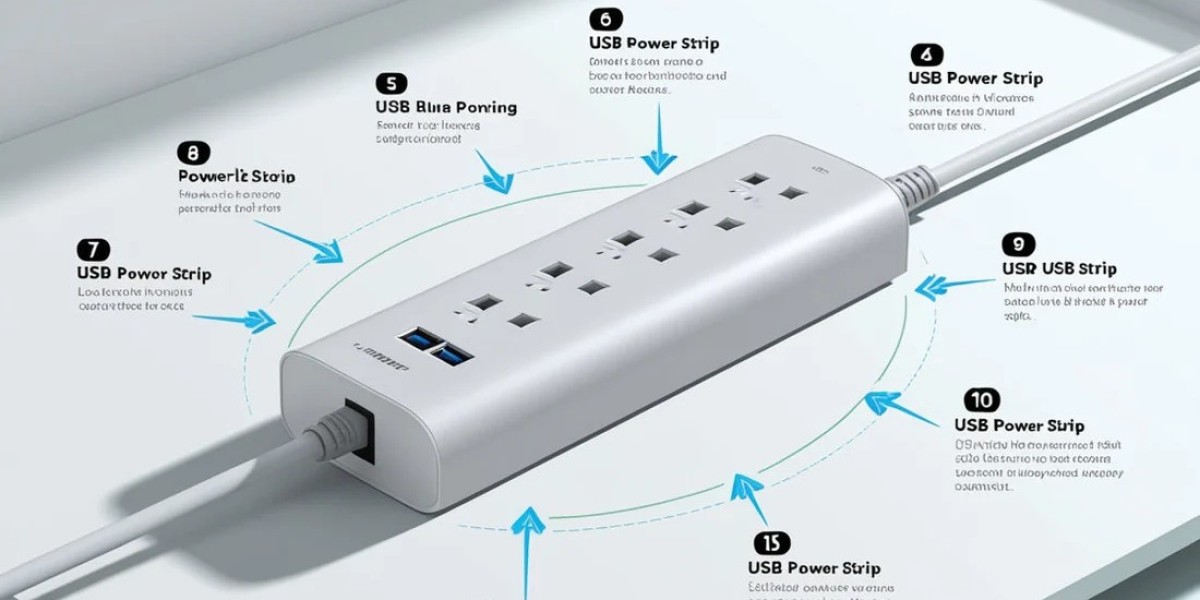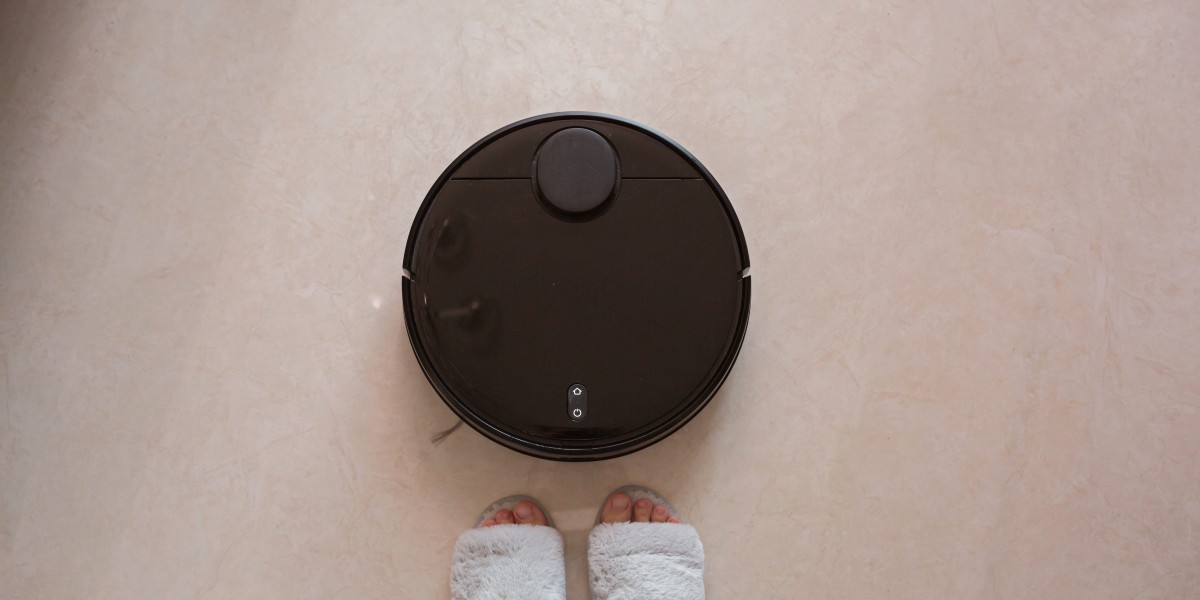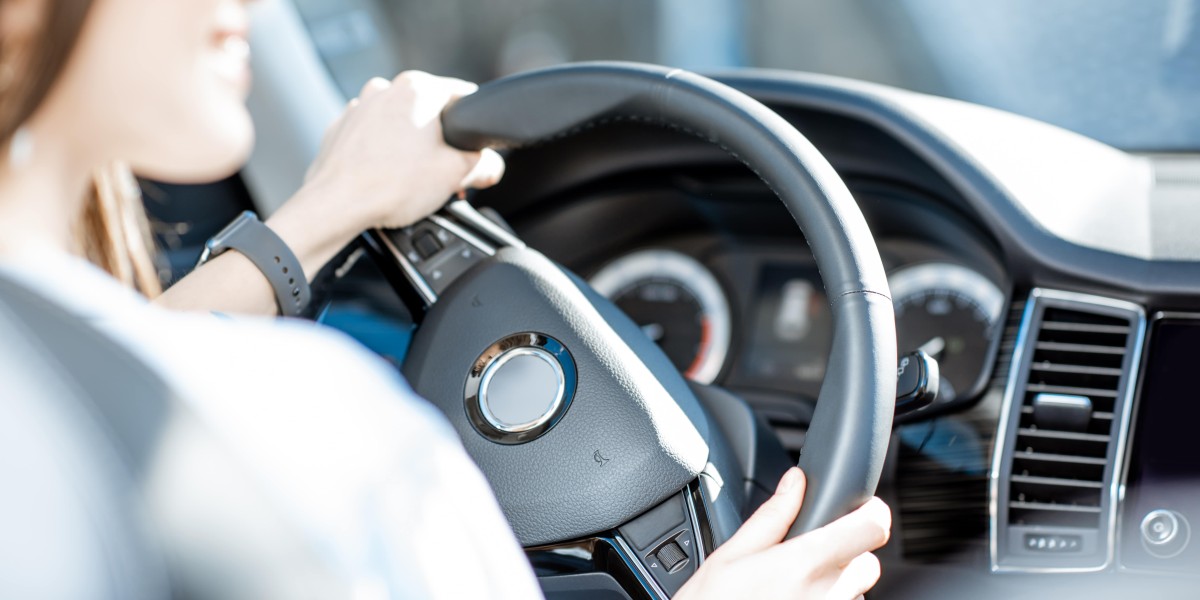Understanding Bariatric Rollators: A Comprehensive Guide
As the population ages and the prevalence of weight problems continues to increase, the need for mobility aids that accommodate specific requirements has actually increased. Amongst these aids, the bariatric rollator stands apart as a necessary tool for people requiring extra assistance while maintaining their mobility. This article checks out the functions, benefits, and crucial considerations when using bariatric rollators.
What is a Bariatric Rollator?
A bariatric rollator is a mobility aid created particularly for individuals who are obese or have obesity. It is steadily developed to support greater weight capabilities compared to standard rollators, providing users with increased safety and stability. The term 'bariatric' typically describes the branch of medication that deals with the causes, prevention, and treatment of obesity, and in this context, it highlights the rollator's viability for heavier people.
Secret Features of Bariatric Rollators
| Feature | Description |
|---|---|
| Weight Capacity | Generally developed to support 300 to 600 pounds, depending on the design. |
| Width and Stability | Broader frames and more comprehensive seats offer improved balance and comfort. |
| Durable Materials | Built from sturdy aluminum or steel for boosted sturdiness. |
| Brakes | User friendly hand brakes offer additional safety and control. |
| Seating Options | Lots of designs consist of a cushioned seat and backrest for resting. |
| Storage Features | Storage baskets or bags for carrying individual products safely. |
Benefits of Using a Bariatric Rollator
Bariatric rollators use several benefits for people facing mobility difficulties, including:
- Enhanced Safety: With a stable style and high weight capability, bariatric rollators reduce the threat of falls.
- Enhanced Independence: These rollators make it possible for users to walk around more freely, promoting autonomy in everyday activities.
- Comfortable Support: Many designs provide cushioned seating choices, allowing users to take breaks as needed.
- Ease of access: Features like adjustable heights and easy-to-handle brakes accommodate a variety of user preferences and requirements.
- Convenience: Equipped with storage solutions, bariatric rollators make it easy for users to bring basics, permitting higher situational awareness.
Essential Considerations When Choosing a Bariatric Rollator
When selecting a bariatric rollator, specific aspects need to be born in mind How To Use A Rollator guarantee that the chosen model aligns with the user's particular requirements.
1. Weight Capacity
Assess the optimum weight capacity of the Red 4-Wheel Rollator with Seat by HOMCOM. It is important to select a design that goes beyond the user's weight for safety and stability.
2. Size and Dimensions
Think about the general measurements of the Rollator With Brakes. Wider frames can offer better stability, but it's important to guarantee it fits conveniently through entrances and corridors.
3. Alleviate of Use
The rollator needs to be easy to maneuver and operate. Functions such as adjustable manages and Lightweight Folding Walker with Seat & Brakes materials can assist enhance use.
4. Comfort
Because users may invest extended durations utilizing the rollator, it is crucial to consider models that provide comfortable seating and ergonomic handles.
5. Mobility
For those who travel frequently or prefer to take their rollator on trips, consider a model that can be easily folded and transferred.
6. Devices
Some rollators come with additional functions such as cup holders, trays, or mobility bags for bring personal items.
Popular Bariatric Rollators on the Market
Below is a selection of popular bariatric rollator options readily available in the market today.
| Design | Weight Capacity | Measurements | Rate Range |
|---|---|---|---|
| Nova 3 Wheel Days Lightweight Folding Walker with Seat - Mobility Made Easy | 350 pounds | 26 x 24 x 30-38 inches | ₤ 200 - ₤ 300 |
| Drive Medical Walker Rollator | 500 lbs | 30 x 27 x 32 inches | ₤ 200 - ₤ 250 |
| Medline Bariatric Walker | 450 lbs | 29.5 x 24 x 31.5 inches | ₤ 150 - ₤ 200 |
| Tuffcare Heavy-Duty Walker | 600 lbs | 26 x 26 x 33 inches | ₤ 250 - ₤ 350 |
Often Asked Questions (FAQs)
Q1: Who should use a bariatric rollator?
A: Bariatric rollators are designed for people who are overweight or have obesity, facing mobility difficulties. They provide needed support to enhance safety and stability while walking.
Q2: How do you preserve a bariatric rollator?
A: Regularly check the rollator for any loose screws or damage. Clean the frame and wheels with moderate soap and water, and lubricate moving parts if required.
Q3: Can a bariatric rollator be utilized outdoors?
A: Yes, numerous bariatric rollators are developed for both indoor and outdoor use. However, it is necessary to pick designs with proper wheel sizes for outdoor surface areas.

Q4: Are bariatric rollators adjustable?
A: Most bariatric rollators included adjustable deals with that permit users to customize the height according to their comfort, making them ideal for numerous users.
Q5: Can you use a bariatric rollator if you do not have weight problems?
A: Yes, bariatric rollators can be used by anyone who requires additional support, even if they do not have weight problems. The key is ensuring the rollator fulfills their mobility needs.
The bariatric rollator is an indispensable mobility aid that includes both functionality and safety for people requiring higher assistance. By understanding the features, benefits, and considerations surrounding these gadgets, users can make educated choices that deal with their specialized requirements. As society continues to prioritize health and mobility, the schedule of supportive tools like bariatric rollators remains important in promoting independence and enhancing lifestyle for lots of.




